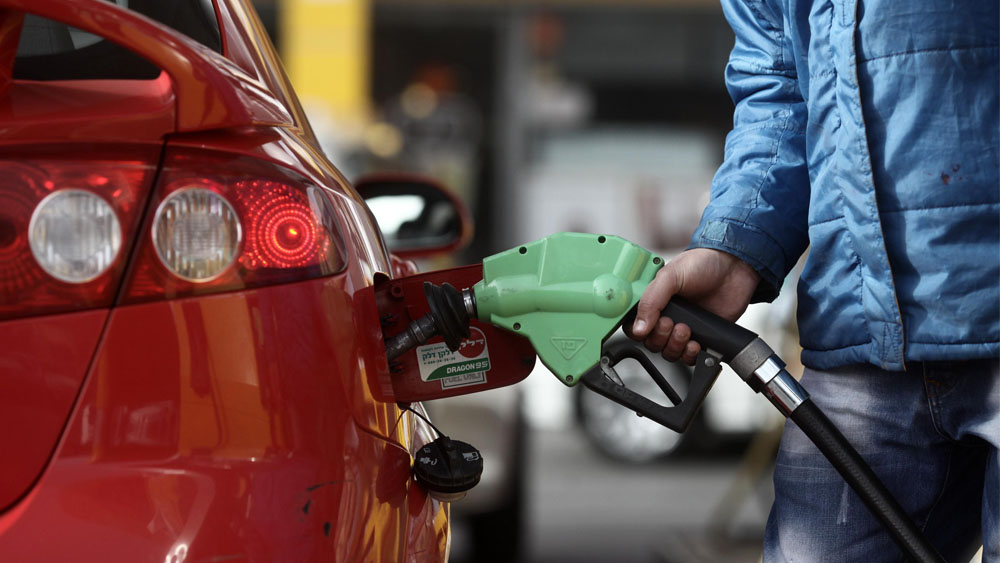The Deputy Minister for transport, Hassan Tampuli, has intimated that the various taxes on petroleum prices will be difficult to cancel as being requested by consumers.
Speaking on the strike action by drivers to get government to scrap the taxes on fuel, he indicated that if the taxes are scrapped, it will have an impact on the economy of the country.
“It is difficult for us to say we are going to cancel looking at the impact it is going to have on the economy. At this point in time, government is doing the consultation with regards to the fuel margin to see whether it continues to be relevant or not. As and when necessary, we will take a decision”.
Hassan Tampuli
In clarifying the matter, Hassan Tampuli explained that some of the levies charged within some of the sectors like the petroleum sector do not come to government. He revealed that it goes to the players in the industry, such as the oil marketing companies, BOST and to those who operate and maintain the depots across the country.

He averred that some of the taxes that get to government are used to pay debt especially those incurred in the electricity sector.
Hassan Tampuli stated that comments that the petroleum sector has been overloaded with taxes is a collective view because “when you go to other jurisdictions, you will probably find more levies and margins”.
Gov’t has had prior engagement with drivers
Commenting on the calls by the GPRTU in the scrapping the taxes, he disclosed that prior to the strike action, government engaged in discussions with the coalition of the transport owners which started a couple of weeks back when they raised the issue regarding the levies in the price buildup of the petroleum products.
“We’ve had I believe three or four separate engagements, the last one was on Friday 25th of November. Among the issues, they raised that some of the levies in the price build up including the budget should be scrapped or at best reduced. So, we took the pain to explain to them what the various margins do in the price build up”.
Hassan Tampuli

With that understanding, Hassan Tampuli posited that they agreed that it is difficult, if not impossible, for government to be able to at this moment, reduce the levies in the price buildup.
“Nevertheless, we recognized that since 15th July, 2015, government has seized to play any intermediatory role in the determination of price of petroleum product”.
Hassan Tampuli
According to Hassan Tampuli, what the government has done since President, Nana Akufo-Addo, assumed office is to reduce price on the special petroleum tax from 17.5% to 15% in 2018 and then later on to 13%. He averred that with this, the increase in any petroleum product will not have an effect on the consumer like before.
“So, we made them aware that prices are going down and so there is need for us to act the way we are when there is a move downwards. Fortunately for us, GOIL has had a reduction form 6. 99 to 6.85 at the pump. Subsequently, other OMCs will also review their prices downwards and then we will start to even out GOIL and so forth”.
Hassan Tampuli



















